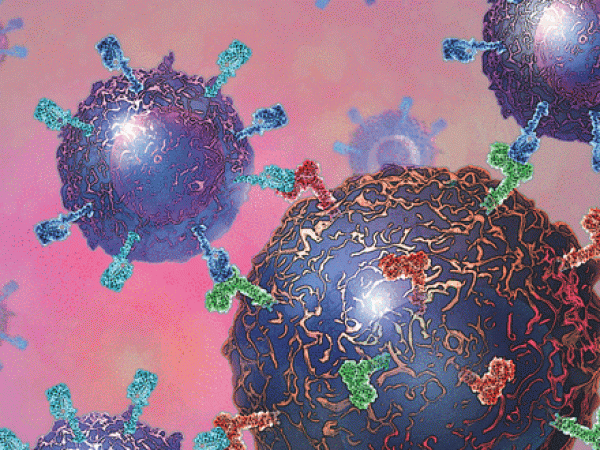Exploring Ways Bacteria Could Help Treat Cancer
As early as the 1800s, physicians noted a curious finding: Some cancer patients who happened to get bacterial infections seemed to also have decreased growth in tumors. While these bacterial infections didn’t cure the patients, physicians were curious if the bacterial exposure somehow triggered an immune response that helped to fight it.

In an accompanying article, Cancer Today explores the role of probiotic supplements, which contain “good” live bacteria that help break down food in the gut. Experts in the article recommend that patients first speak with their doctors before taking probiotics, and suggest eating probiotic-rich food sources, such as yogurt and leafy green vegetables.
In another story, Cancer Today reports on a procedure that could potentially cure patients who come down with life-threatening Clostridium difficile infections, which cause severe diarrhea. The procedure, called a fecal microbiota transplant, transplants stool from a healthy donor directly to a patient’s gut, bringing healthy bacteria into the gut.



